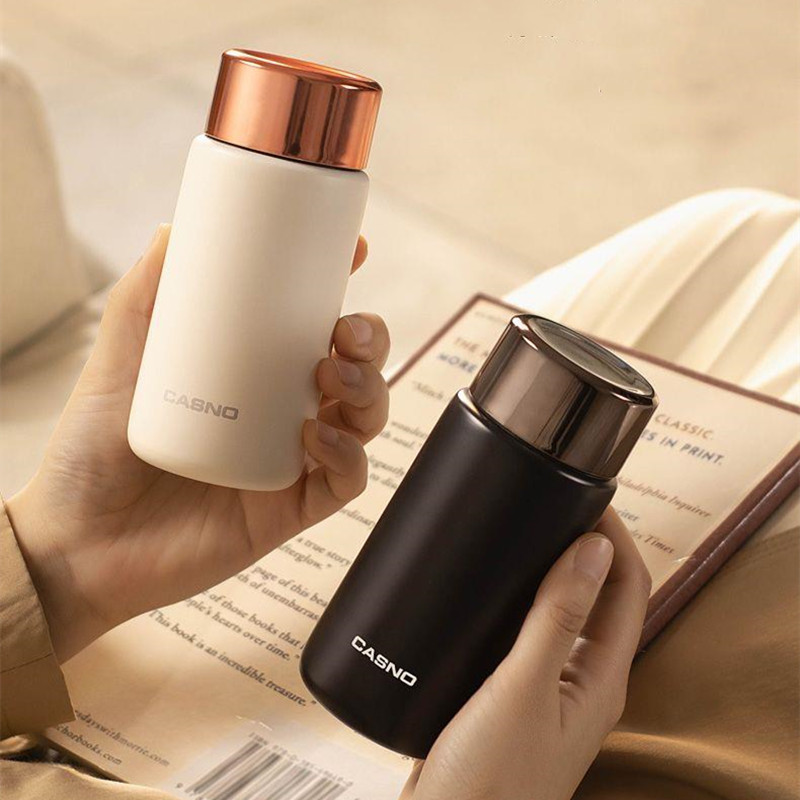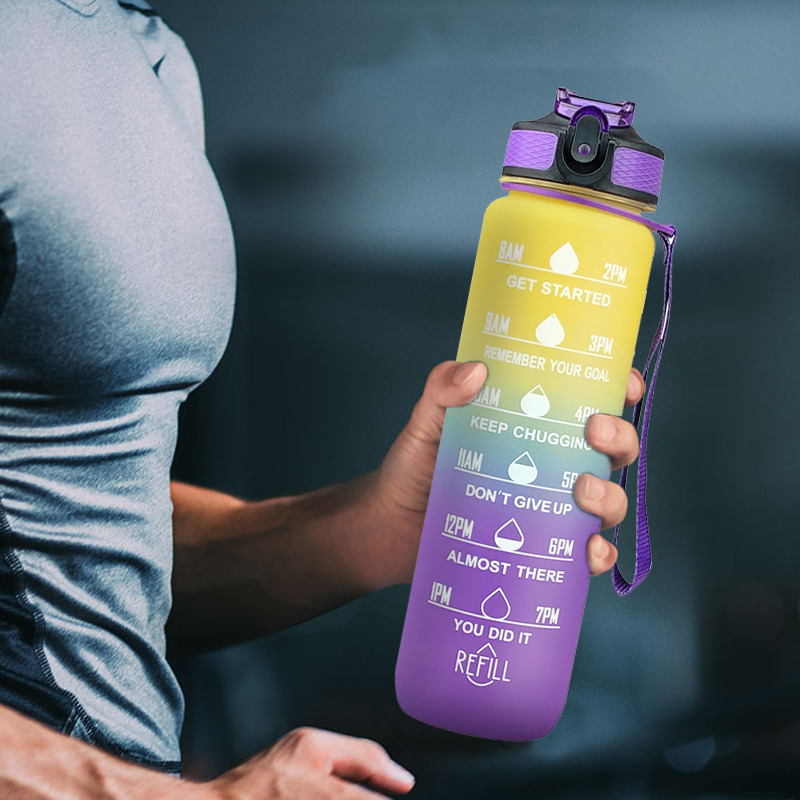When it comes to staying hydrated on the go, having a reliable water bottle is essential. With so many options available in the market, choosing the right material for your water bottle can be a daunting task. In this article, we’ll compare three popular materials for water bottles: stainless steel, glass, and BPA-free plastic. We’ll delve into their features, advantages, and potential drawbacks to help you make an informed decision for your hydration needs.
1. Stainless Steel Water Bottles

Stainless steel water bottles have gained significant popularity in recent years due to their durability and versatility.
1.1. Durability and Longevity
Stainless steel water bottles are known for their robust construction, making them resistant to dents and dings. They can withstand accidental drops and rough handling, making them ideal for outdoor activities and everyday use.
1.2. Temperature Retention
These bottles often come with double-wall insulation, which helps maintain the temperature of both hot and cold beverages. They can keep your drinks cold for hours during hot summer days and keep your coffee warm in chilly weather.
1.3. Health and Safety
Stainless steel is a non-reactive material, meaning it won’t leach harmful chemicals into your drink. It ensures the water’s purity and taste remain unaffected, making it a safe choice for health-conscious individuals.
2. Glass Water Bottles

Glass water bottles have a classic appeal and offer unique benefits for the eco-conscious consumer.
2.1. Purity of Taste
Glass is inert and doesn’t retain any flavors or odors from previous beverages. This property ensures that your water tastes fresh and untainted, making it an excellent choice for purists.
2.2. Environmentally Friendly
Glass is fully recyclable, making it an eco-friendly option for those concerned about reducing plastic waste. It’s also free from harmful chemicals like BPA, ensuring a healthier choice for you and the environment.
2.3. Care and Fragility
Although glass bottles offer numerous advantages, they are more delicate and susceptible to breakage. Extra care is required while handling and transporting them to avoid accidents.
3. BPA-Free Plastic Water Bottles

BPA-free plastic bottles have been widely adopted due to their lightweight and convenient design.
3.1. Lightweight and Portable
Plastic water bottles are incredibly lightweight, making them easy to carry around during outdoor activities, workouts, or travels. They are the go-to option for individuals seeking a hassle-free hydration solution.
3.2. Impact Resistance
Unlike glass, BPA-free plastic bottles are less prone to shattering, making them a safer choice for children and highly active lifestyles.
3.3. Concerns about Plastic
Although labeled as BPA-free, some people still have concerns about plastic bottles leaching harmful chemicals over time. However, most manufacturers ensure their products undergo rigorous testing to comply with safety standards.
Conclusion
Choosing the right water bottle material depends on your specific needs and preferences. If you prioritize durability and temperature retention, stainless steel might be the best fit for you. Glass water bottles are perfect for those who prioritize taste and environmental consciousness. On the other hand, BPA-free plastic bottles offer convenience and portability, making them an excellent option for people on the go. Whichever material you choose, remember to stay hydrated and reduce single-use plastic waste.
FAQs
- Are stainless steel water bottles safe for hot beverages? Yes, stainless steel water bottles with double-wall insulation can keep hot beverages safe for consumption for several hours.
- Can I use glass water bottles for carbonated drinks? Yes, glass bottles are suitable for carbonated beverages as they won’t retain carbonation or flavors.
- Do BPA-free plastic water bottles contain any harmful chemicals? Most BPA-free plastic bottles undergo strict testing to ensure they are free from harmful chemicals like BPA. However, it’s essential to purchase from reputable brands.
- How do I clean glass water bottles effectively? Glass bottles can be cleaned with warm soapy water and a bottle brush, ensuring thorough cleaning.
- Can I put stainless steel water bottles in the dishwasher? It’s generally recommended to hand wash stainless steel water bottles to maintain their integrity and insulation properties.
